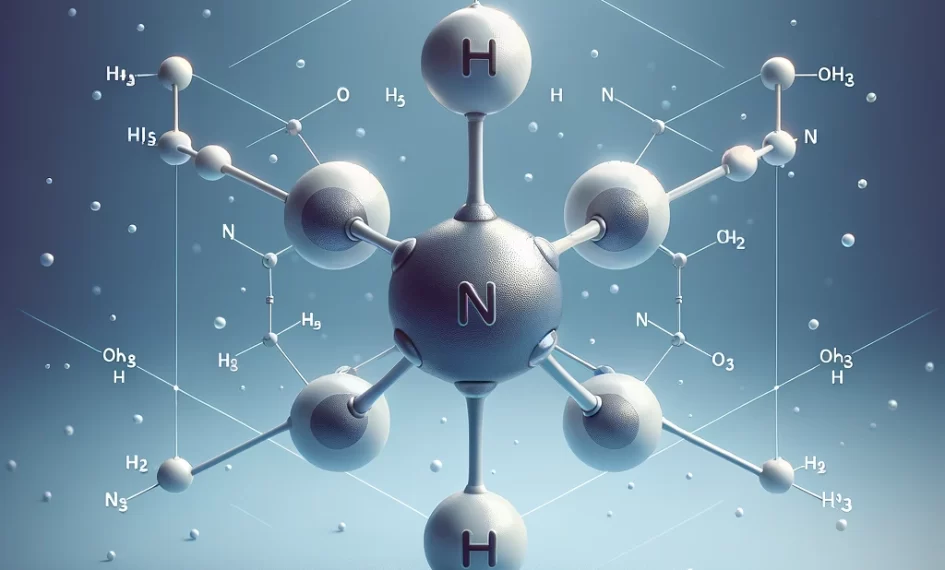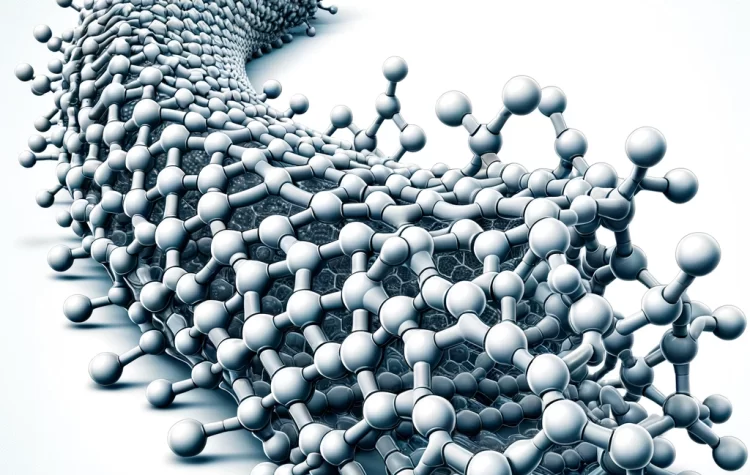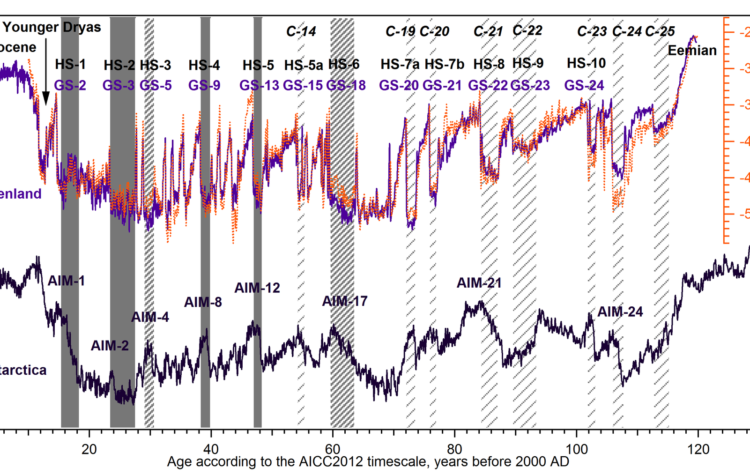Definition
Ammonia (NH₃) is a colourless gas with a sharp, pungent odour, composed of nitrogen and hydrogen. It plays a crucial role in the global nitrogen cycle and is widely used in the production of fertilizers, cleaning agents, and industrial chemicals.
Etymology and Origins
The term ammonia originates from the Latin sal ammoniacus (salt of Ammon), referring to a compound found near the ancient Temple of Ammon in what is now Libya. The English spelling of “ammonia” mirrors its Greek orthographic influences, acknowledging the blend of cultural and linguistic heritage in scientific nomenclature. The temple was dedicated to the Egyptian deity Ammon, who was assimilated with the Greek god Zeus. This etymological journey from a specific location and deity to a chemical compound reflects the interplay between geography, culture, and science in the naming process.
The use of Greek orthography in the English language version of the word highlights the scientific community’s historical practice of drawing upon ancient languages to name new discoveries and phenomena, bridging the gap between ancient knowledge and modern science.



